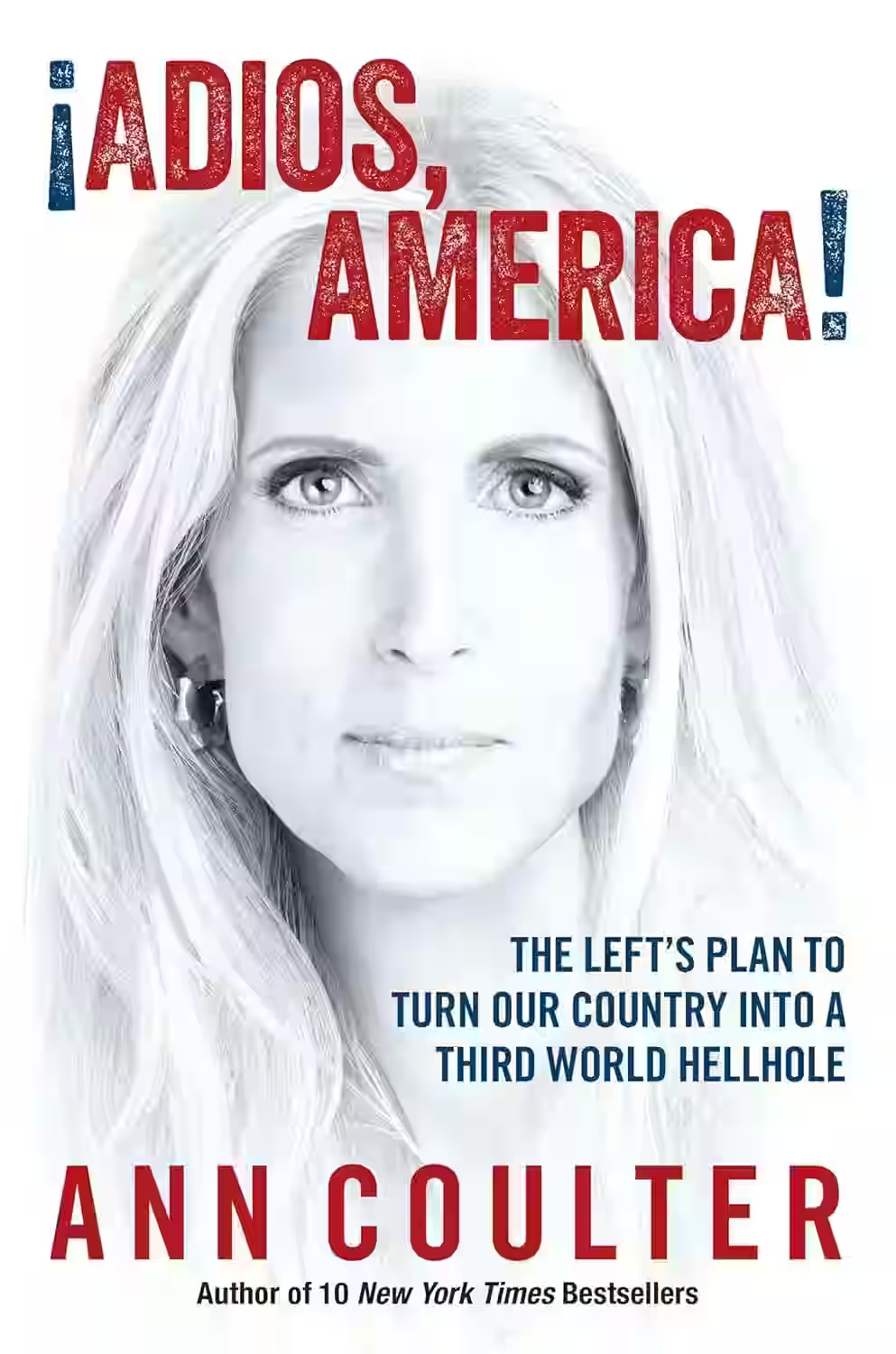
In 'Adios, America: The Left's Plan to Turn Our Country into a Third-World Hellhole,' firebrand conservative author Ann Coulter tackles the contentious issue of immigration, arguing that liberal policies are leading the United States down a dangerous path. Coulter presents a provocative critique of America's immigration system, addressing topics such as amnesty, border security, and the impact on American society. Through her signature wit and no-holds-barred style, Coulter delivers a passionate defense of stricter immigration controls. While controversial and polarizing, the book sparks important conversations about national identity and sovereignty.
About Ann Coulter
Ann Coulter is a prominent conservative commentator and author known for her provocative and sharp-witted writing style. Born on December 8, 1961, in New York City, she graduated from Cornell University and the University of Michigan Law School. Coulter gained fame with her bestselling books such as 'Adios, America' and 'Godless,' where she articulates her strong political opinions on issues like immigration and religion. Her incisive and fearless commentary has made her a polarizing figure in the literary world, sparking debates and challenging conventional thinking. Coulter's impact on literature lies in her ability to blend sarcasm and intelligence to engage readers on contentious topics.
Other Books by Ann Coulter
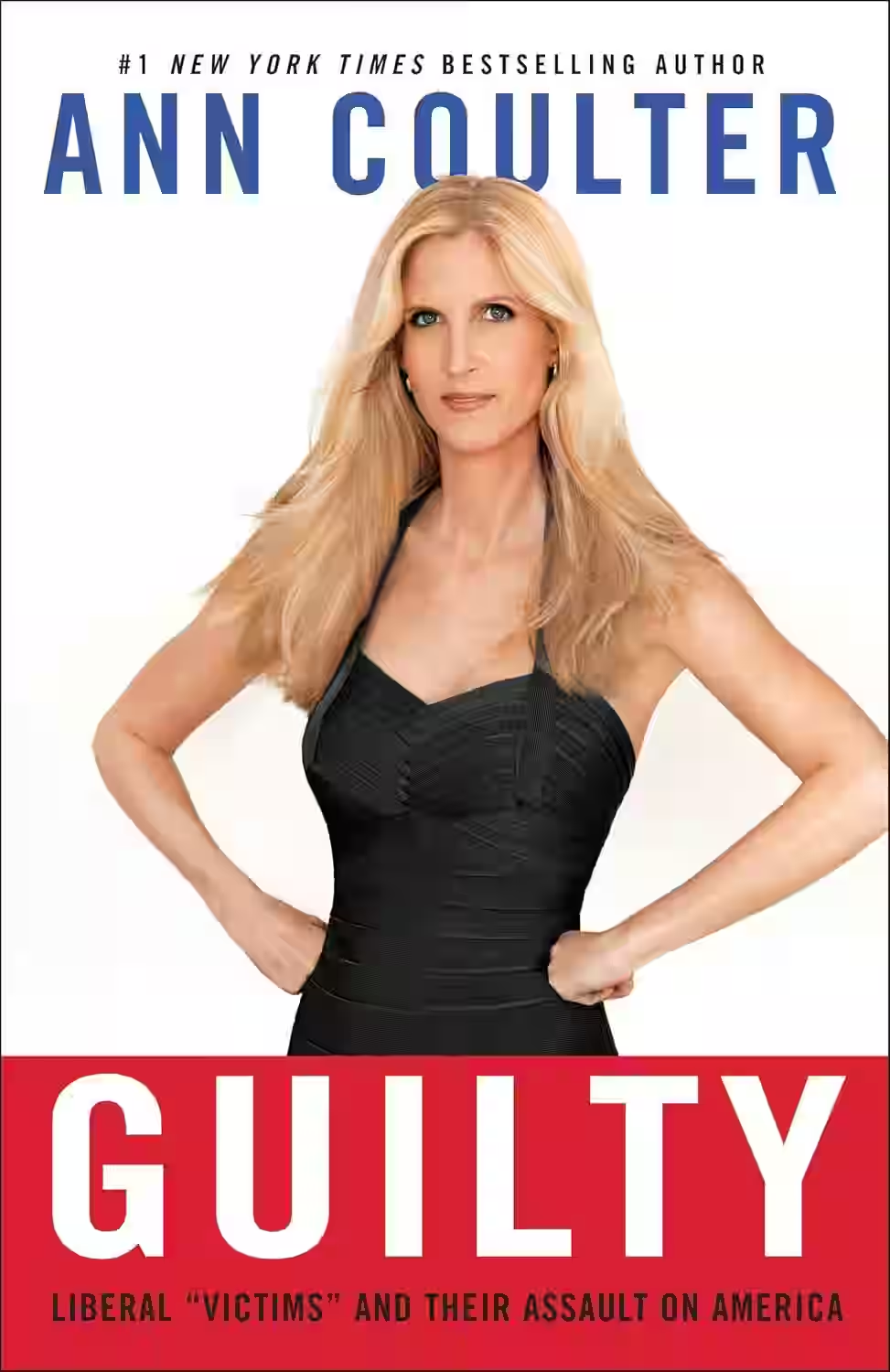
Guilty: Liberal 'Victims' and Their Assault on America
by Ann Coulter
In 'Guilty: Liberal 'Victims' and Their Assault on America,' Ann Coulter presents a provocative and controversial critique of the left's victimhood culture. Coulter delves into the notion of victimhood as an essential component of modern liberalism, unpacking its implications on American society and politics. With her characteristic sharp wit and incisive analysis, she challenges the victim mentality pervasive in liberal ideology and its impact on issues such as race relations, gender equality, and political correctness. Through a series of compelling arguments and examples, Coulter forces readers to reconsider conventional notions of victimhood and liberalism. 'Guilty' is a polarizing yet thought-provoking read that sparks important conversations about personal responsibility and societal trends.
Similar Books
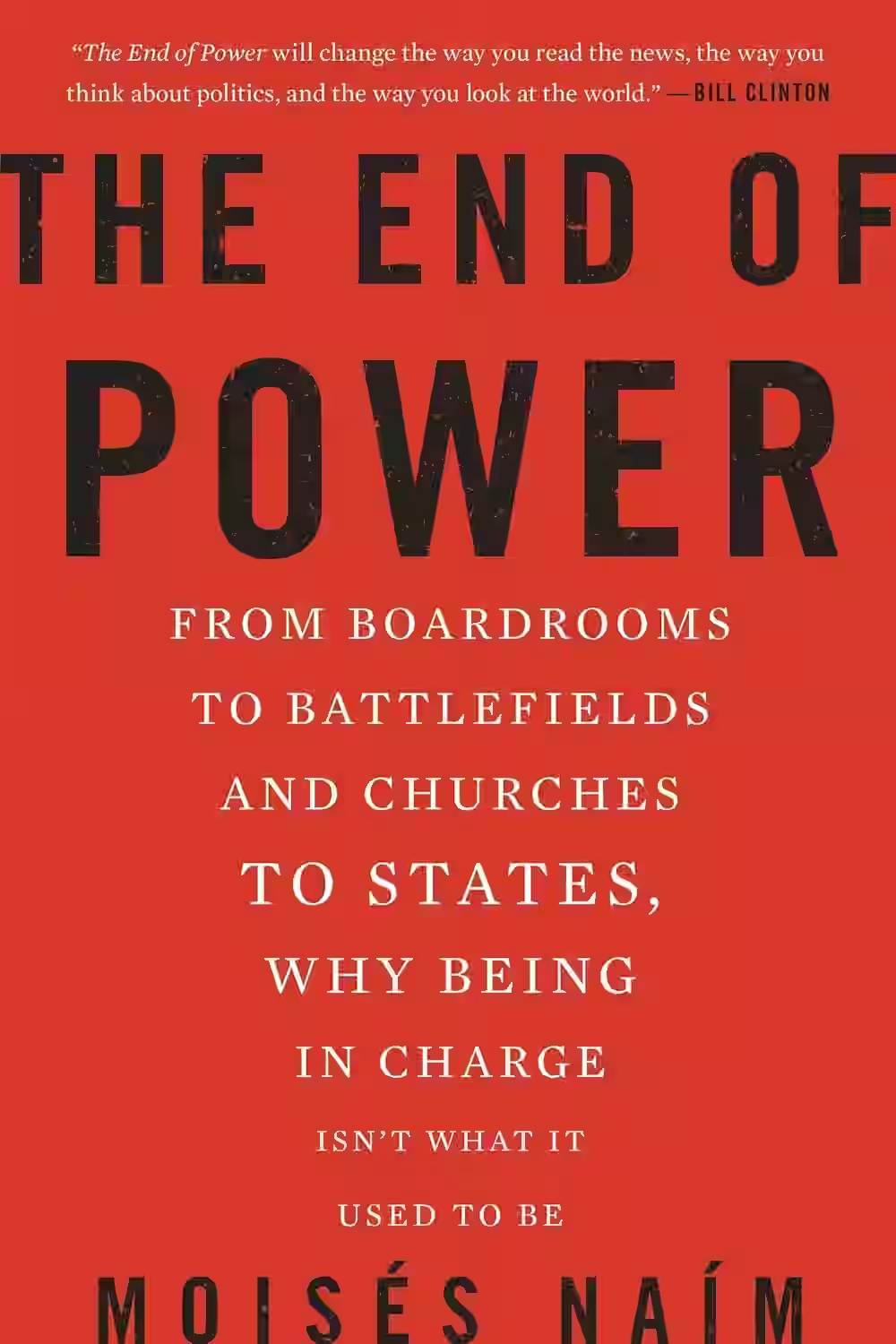
The End of Power
by Moisés Naím
Naím explores a global shift in how power is acquired, wielded, and lost. He argues that power is becoming more widespread but harder to maintain, as traditional institutions lose influence to smaller players and individuals. Through examples in politics, business, military, and religion, Naím shows how the erosion of hierarchy and the democratization of influence are reshaping society. This book challenges assumptions about leadership and authority in the 21st century. As the inaugural selection for Mark Zuckerberg’s book club, The End of Power offers a thought-provoking look at the fragmentation and volatility of modern power structures.
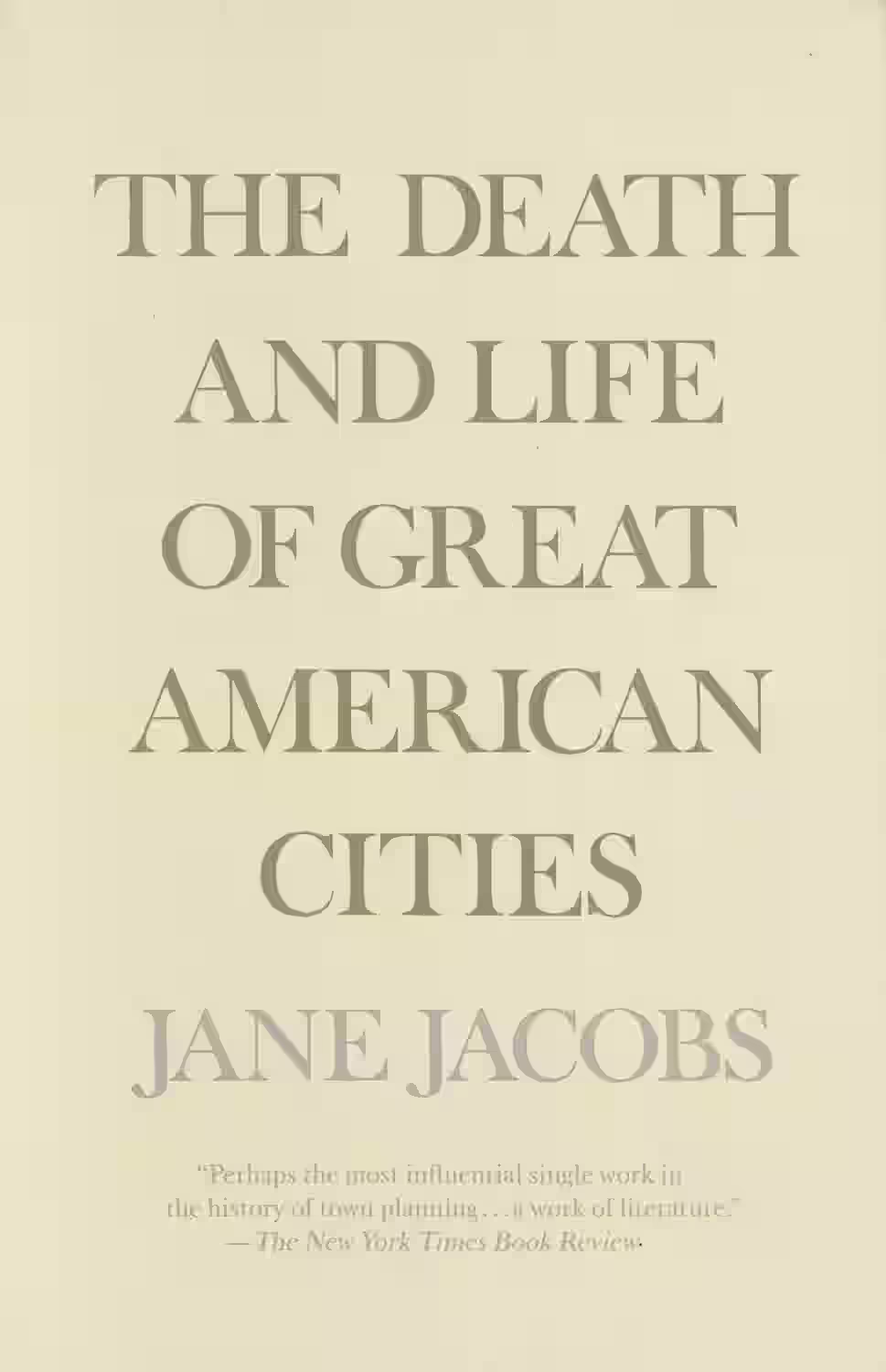
The Death and Life of Great American Cities
by Jane Jacobs
In 'The Death and Life of Great American Cities,' Jane Jacobs revolutionizes urban planning with her groundbreaking critique of urban renewal policies. Jacobs challenges the conventional wisdom of her time by advocating for diverse and vibrant neighborhoods that prioritize safety, walkability, and community engagement. Through meticulous observation and analysis, she presents a compelling argument against top-down urban planning approaches and champions the organic evolution of cities. Her work continues to shape contemporary urban planning discourse, inspiring a more people-centric approach to city design. 'The Death and Life of Great American Cities' remains a seminal text that redefines our understanding of urban life.
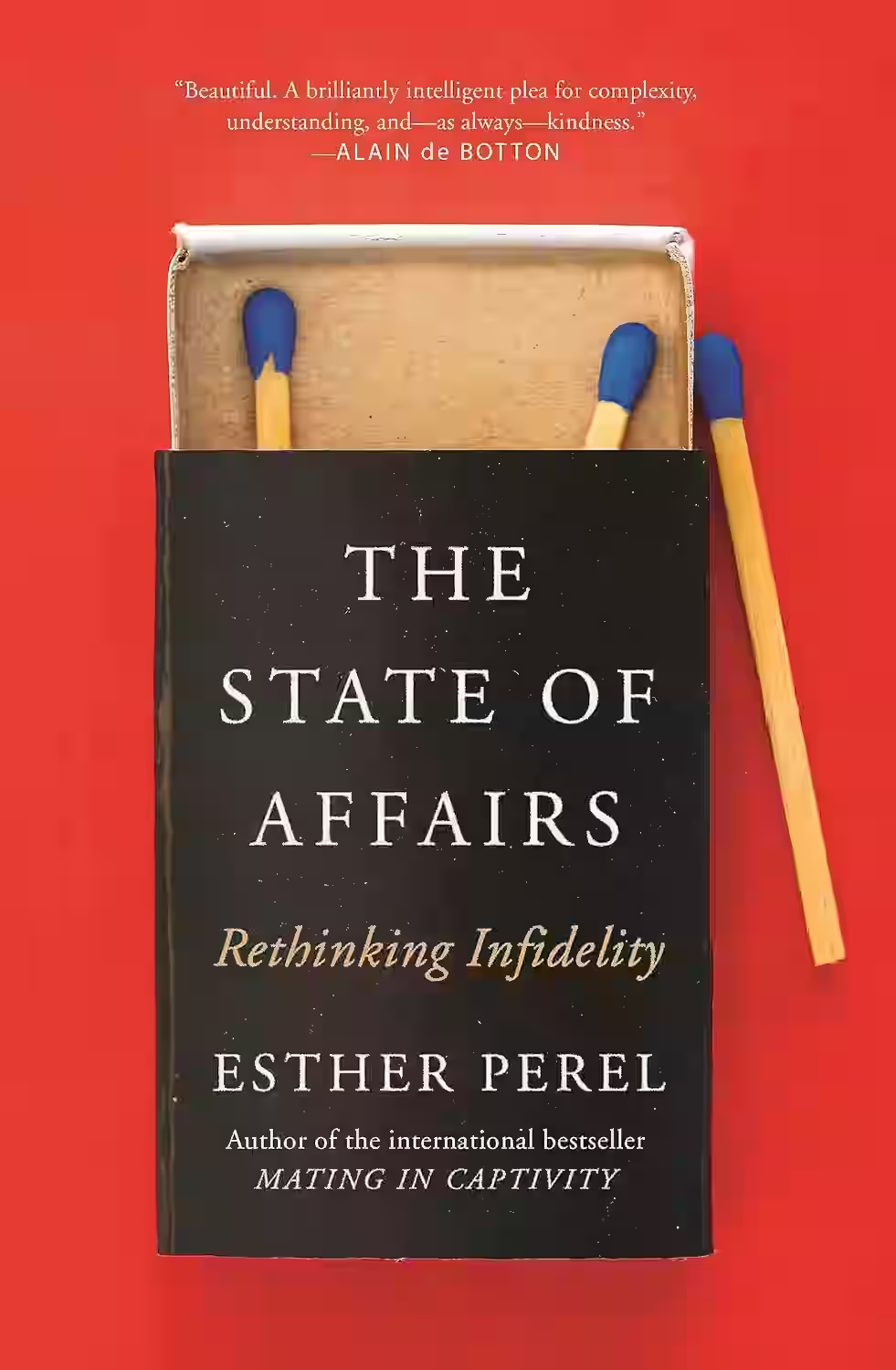
The State of Affairs: Rethinking Infidelity
by Esther Perel
In 'The State of Affairs: Rethinking Infidelity,' renowned psychotherapist Esther Perel delves into the complex and often taboo subject of infidelity, challenging conventional notions and exploring the myriad reasons behind why people cheat. Through insightful anecdotes and compelling research, Perel explores the impact of affairs on relationships, individuals, and society as a whole, offering a fresh perspective that encourages empathy and understanding rather than simplistic judgment. Delving into themes of desire, deception, trust, and personal growth, this book presents a nuanced and compassionate exploration of a universal but often misunderstood aspect of human relationships.
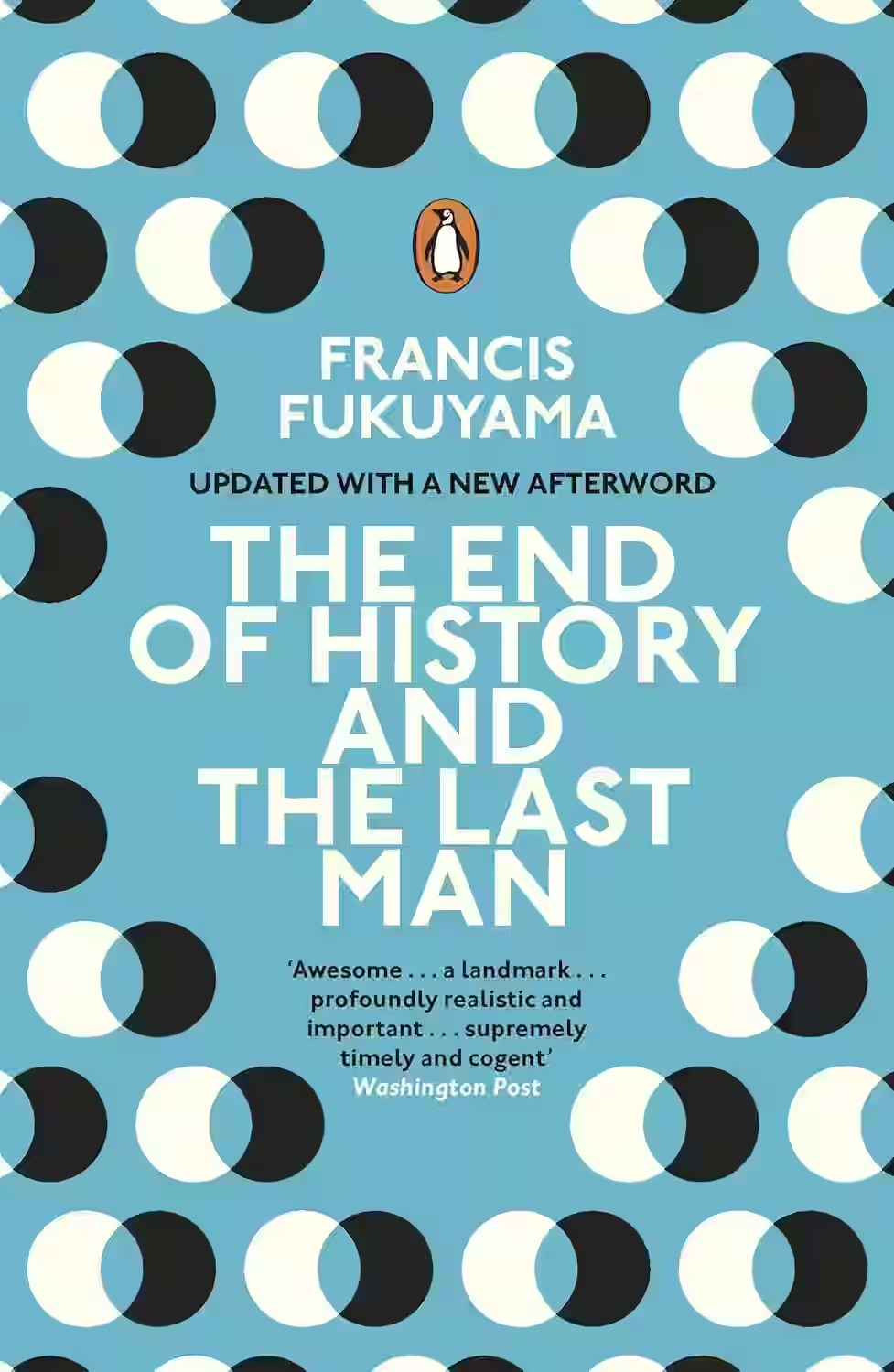
The End of History and the Last Man
In 'The End of History and the Last Man,' Francis Fukuyama explores the concept of the end of history, arguing that liberal democracy represents the final form of government and the ultimate goal of human socio-political development. Fukuyama delves into the Hegelian idea of humanity's journey towards a universal state of freedom and democracy, positing that the fall of the Soviet Union marked the realization of this vision. However, he contemplates the challenges to this theory, particularly the rise of identity politics and challenges to the liberal democratic order. This thought-provoking book continues to spark debates on the future of global governance and ideology.